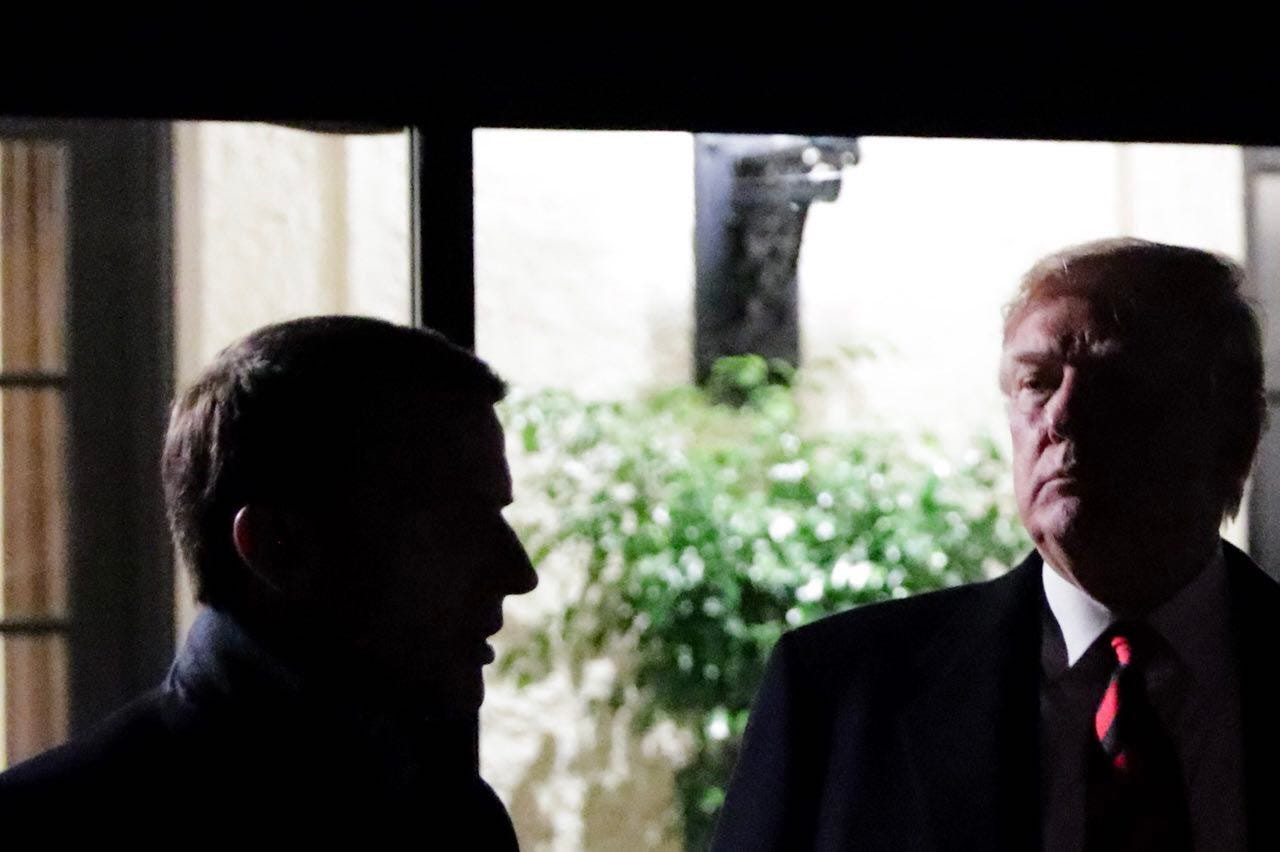🇫🇷France Summons U.S. Ambassador Charles Kushner Over Antisemitism and Palestine Recognition Dispute
Analysis: Charles Kushner’s attack on Emmanuel Macron over antisemitism and his recognition of Palestine has sparked a rare diplomatic clash between Paris and Washington.

👋Hey guys, Julien here. The French Dispatch is a reader-supported publication, and both our coverage of current affairs as well as our ability to bring you more news and information on the worl…



